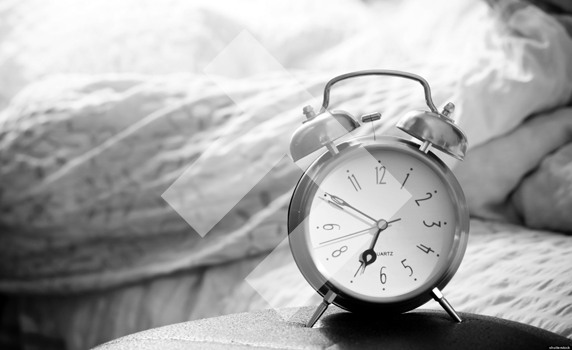Any body builder would stress the importance of committing to a rigorous training program, but overlooking another aspect of the muscle-building process can put all your hard work to waste.
I’m talking about sleep, which is essential for muscle growth and overall wellbeing.
There are two types of sleep: REM (Rapid-Eye-Movement) sleep and Non-REM sleep. The body goes through numerous stages of these and each benefits your body.
While You Were Sleeping
During Non-REM sleep, activity in your brain decreases allowing more oxygen and nutrient-rich blood to reach your muscles for recovery and growth. Secretion of human growth hormones and protein synthesis also occur during sleep.
Slumber also reduces energy consumption, which allows your body to use the protein it consumed during the day to replenish muscles. With that said, it’s important you consume muscle-building foods during the day.
In REM sleep, when you’re deeply at rest, your brain recharges giving you more alertness when you wake up. This can enhance the effectiveness of your daily workout as studies show motivation peaks when alertness does.
As NSCA-CPT Michael Schletter said in an interview with Men’s Fitness: “A rested brain is a motivated and focused brain.”
Trouble Hitting the Sack? No Problem
If you’re having trouble sleeping, certain foods can help ease you to rest.
Bananas, for example, contain magnesium which is known to relax muscles and nerves. Research also notes that potassium is linked to heightened prevalence of non-REM sleep.
In addition to being rich in protein, Salmon also contains Omega-3 fatty acids which are known to reduce surges in stress hormones.
Try any of these with a side of tart-cherry juice, a natural source of melatonin.
Just Take it Easy
A few changes in your activity can also help you fall asleep.
Taking a warm bath before bed can sooth you. Exercising during the day can tire your body out, making it easier for you to fall asleep at night. However, intense work outs before bed tend to have the opposite effect.
Keeping your bedroom cool at about 60 degrees can prevent humidity from disrupting your sleep.
The National Sleep Foundation also recommends you sleep in a comfy bed. The organization gauges the life-expectancy of a good-quality mattress as nine to 10 years. A headboard can also, somewhat surprisingly, have an effect on your sleeping habits too – Feng Shui experts recommend that a good sturdy headboard will guide you on how to get better sleep.
Avoid using electronics before bed as these devices tend to increase alertness. Your body can also mistake bedtime for TV-time especially if you watch TV in bed.
Overall, an evening before bed should be a time for relaxation. Schletter recommends you establish a “sleep routine” consisting of activities that calm you. He suggests dimming the lights, stretching, meditating, or writing in a journal.
No matter what mellows you out before bed, make sure you’re spending enough time in it. The NSF recommends seven to nine hours of quality sleep for the average adult, but any less than four would be considered sleep deprivation.
So, what are your tips on getting a good night’s rest? And let us know how sleeping well has benefited your muscle gain?
![]()
 Instagram
Instagram Pinterest
Pinterest Facebook
Facebook Twitter
Twitter YouTube
YouTube




 Paul
Paul 



